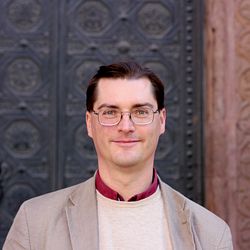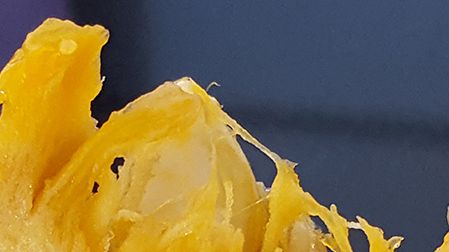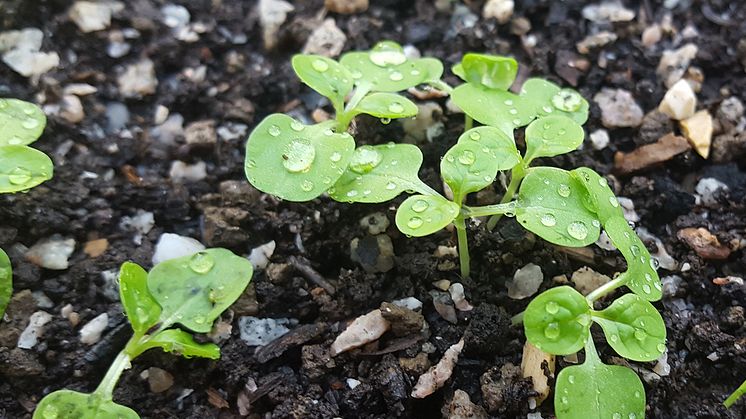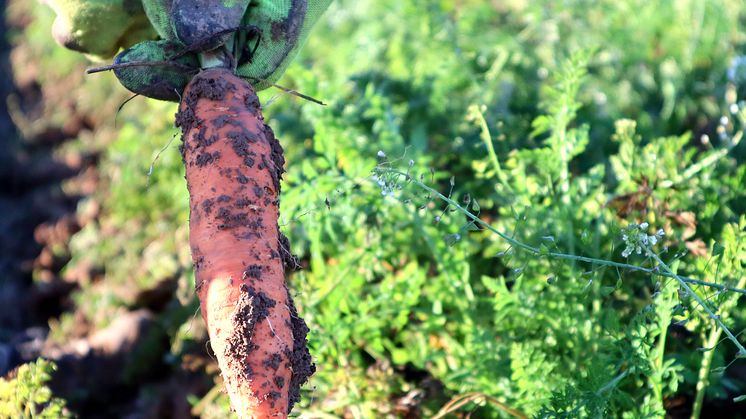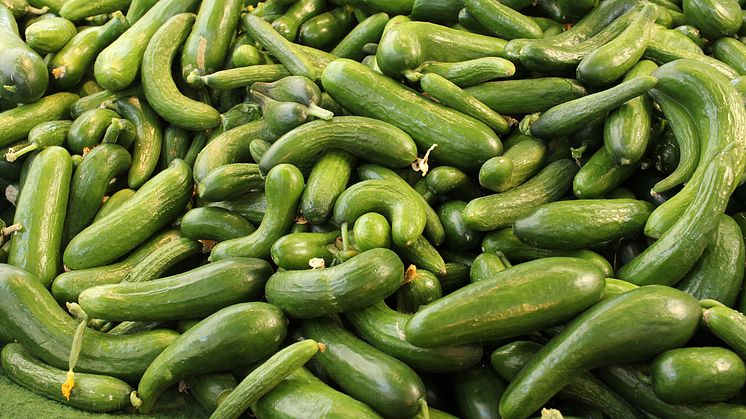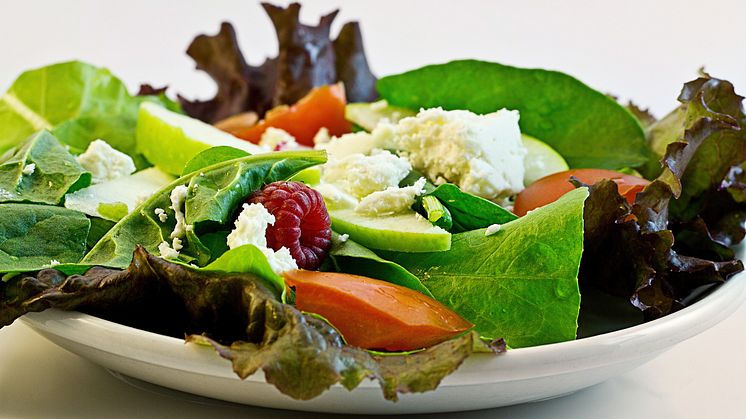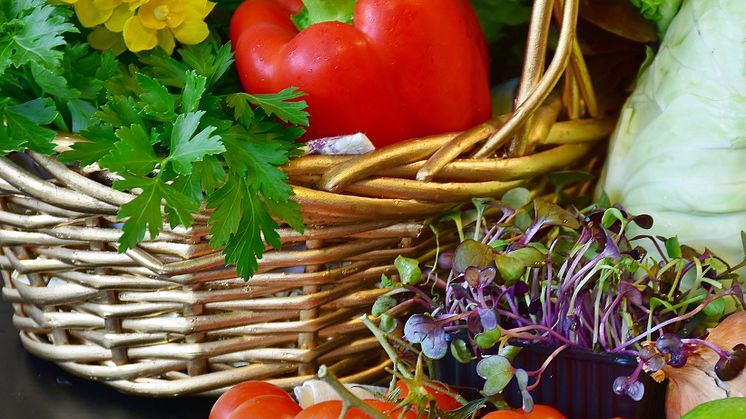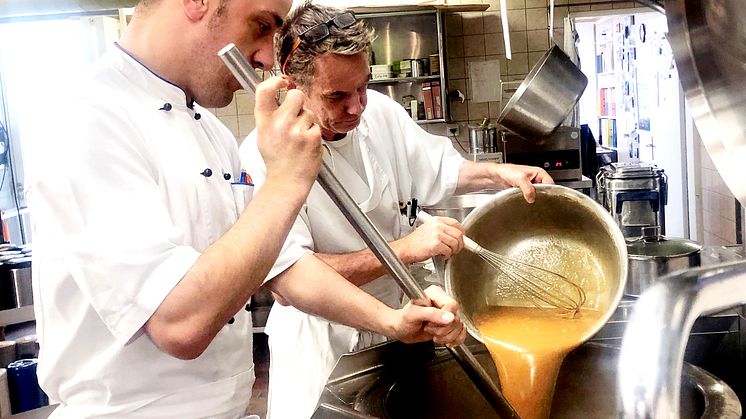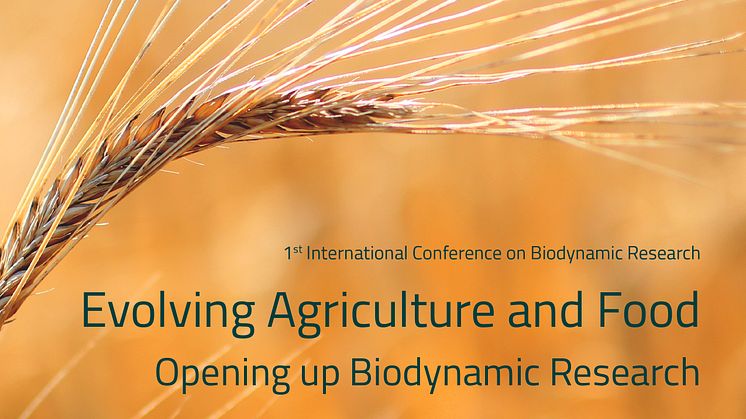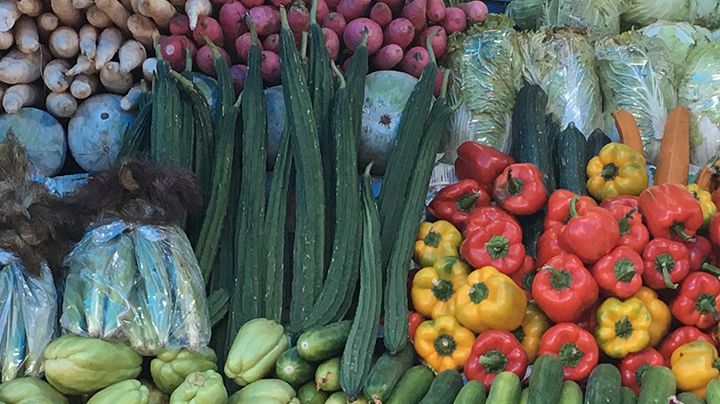
Press release -
The cultural landscape reveals how we eat: Nutritionist Jasmin Peschke on the World Food Day 2020
Goetheanum, Dornach, Switzerland, 16 October 2020
The cultural landscape reveals how we eat
Nutritionist Jasmin Peschke on the World Food Day 2020
As a result of the Covid-19 epidemic, awareness of the connection between personal health and ecologically produced food has grown. Jasmin Peschke, nutritional scientist at the Goetheanum, thinks that this awareness can inspire greater respect for the dignity of living creatures.
Jasmin Peschke, who has a PhD in ecotrophology and is head of nutrition in the Section for Agriculture at the Goetheanum, points out that “Since the outbreak of the Corona pandemic, more fresh food than ever is being prepared in households. People look for more diversity in food, tastes and colours, for when the mood at home is tense, one can create positive experiences through food.”
Nutritional science today suggests that eating is not just about taking in nutrients but that it contributes to people‘s wellbeing and to a positive and healthy lifestyle. “It is the diversity of new sensory experiences that cheers people up. As a result the intestinal microbiome is strengthened and this, in turn, leads to a strong immune system,” says Jasmin Peschke. Research has found that even an animated conversation at the table enhances health and wellbeing.
The way we eat is reflected in our culture. Are we always eating ‘on the go‘, rushing on to the next appointment? Or are we taking the time to cook and eat together?
Landscapes, too, reveal a culture‘s relationship to food. Regions with monocultures of corn and rapeseed or burnt-down rainforest speak of economic interests that consider plants and animals to be mere ‘means of production’ in a value chain that should be as cost-saving as possible. Landscapes with a diversity of fields, pastures and woodland, on the other hand, point to a culture that serves nutrition but also fosters a diversity of lifeforms. “As quality criteria in farming and nutrition I see resilience and the health of human beings and of the earth – and sustainability of course. These goals can only be achieved together,” Jasmin Peschke concludes, in reference to the theme of this year‘s World Food Day: ‘Grow, nourish, sustain. Together.’
(2054 characters/SJ; translation by Margot M. Saar)
Contact person Jasmin Peschke, nutrition@goetheanum.ch
Related links
Topics
Categories
The Goetheanum is the headquarters for the School of Spiritual Science and the General Anthroposophical Society. The School of Spiritual Science with its eleven sections is active worldwide in research, development, teaching, and the practical implementation of its research findings and is supported by the Anthroposophical Society.

